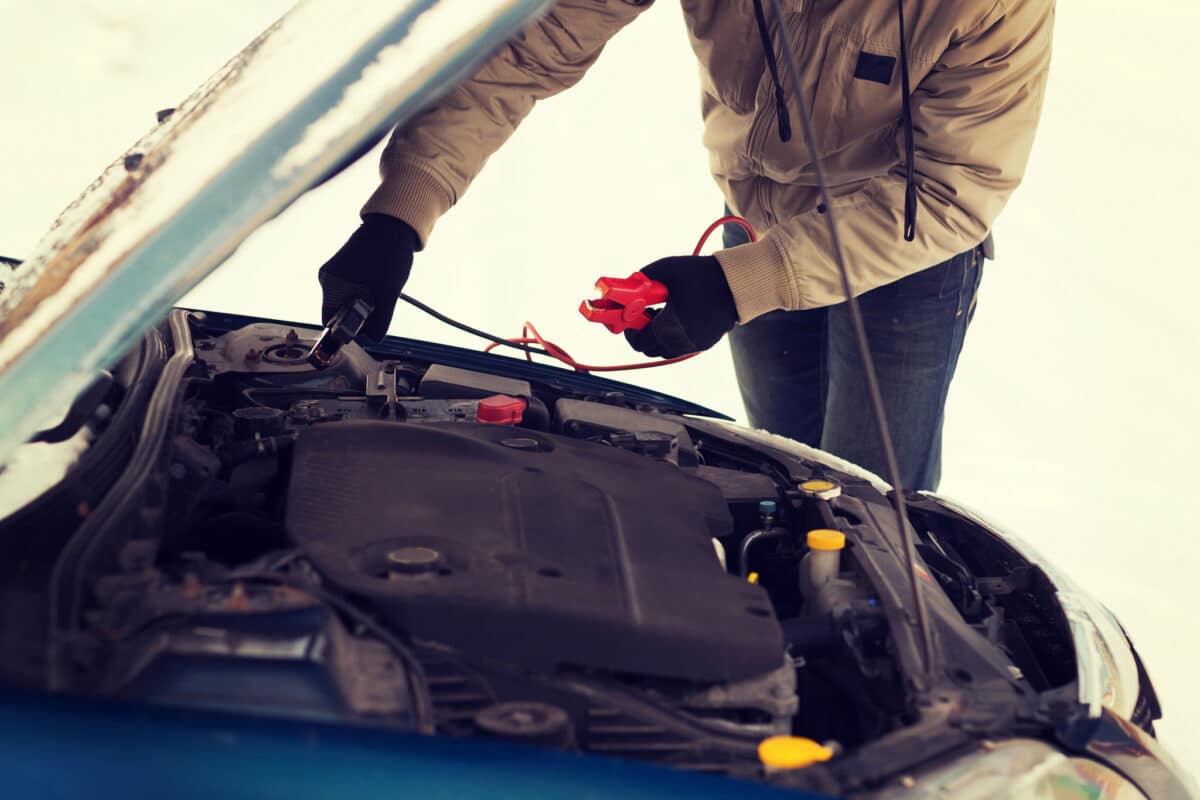As temperatures continue to drop and sheets of ice of glaze the streets, you obviously would prefer to stay in bed than venture outdoors. But, unfortunately, you have to hit the road. So, after scraping your vehicle clean, you finally turn the ignition to discover—lo and behold—it won’t start. Isn’t that your luck?
Before you assume that something’s wrong with your car, it’s important to know that cold temperatures can in fact affect your vehicle. According to statistics, the wintertime is when your car battery is most likely to fail. This is because the cold temperature makes it harder for electro-chemical-based charges to occur, thus there may not be enough current to start and run the vehicle.
Even worse is that ongoing exposure to low temperatures without activity can cause your battery to freeze.
Surviving the Snow: How to protect your car during winter travels
Protecting Your Car Battery During Winter
According to Industrial Battery Products, lead acid battery power drops nearly 20% when temperatures are freezing, and can even drop to 50% power when well below freezing. That’s why your car’s battery may be only a year or two old, but you might have trouble starting it in the winter. Plus, it takes more effort to start a cold engine.
To keep your battery healthy and working during the winter, you can implement these practices:
- Run your car battery regularly; don’t let it sit in the driveway for a whole week without being used.
- Keep it charged, recharging it as necessary–especially if it’s a couple years old.
- Look for corrosion throughout winter, as this could foreshadow your battery failing to work eventually.
- If you’re going to store your vehicle outside for the winter without using it, remove the battery from the engine and store it in a warmer location–even the garage or basement.
If you believe your vehicle battery has frozen, do not attempt to jump-start or charge it. Instead, make sure there aren’t any signs of damage to the battery (as freezing contents can lead to expansion in the battery. If undamaged (and thus wouldn’t leak), remove it from the vehicle and take it somewhere warm, giving it time to gradually thaw.
Knowing that your car’s battery is sensitive to cold temperatures can save your skin when you’re in a hurry to get to work.
Salt, Salt, Everywhere! Tips for protecting your vehicle from rust-causing salt damage
Sources: Cars.com, NRMA
The News Wheel is a digital auto magazine providing readers with a fresh perspective on the latest car news. We’re located in the heart of America (Dayton, Ohio) and our goal is to deliver an entertaining and informative perspective on what’s trending in the automotive world. See more articles from The News Wheel.











